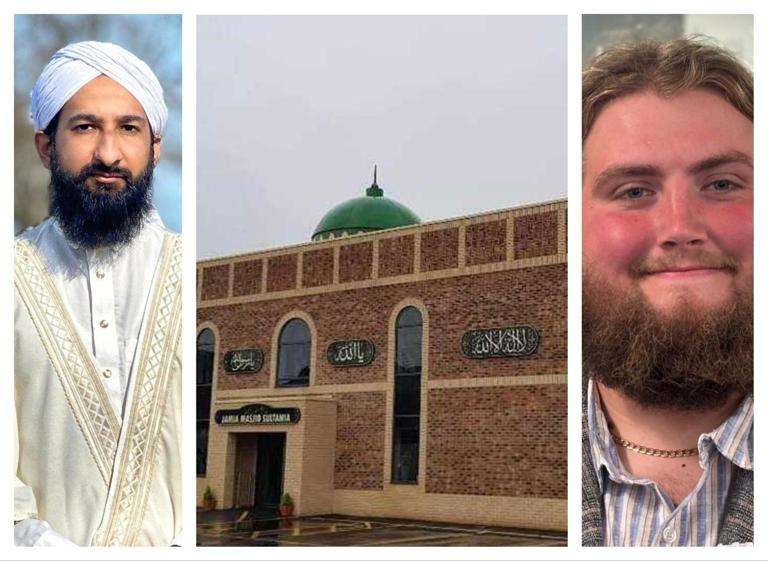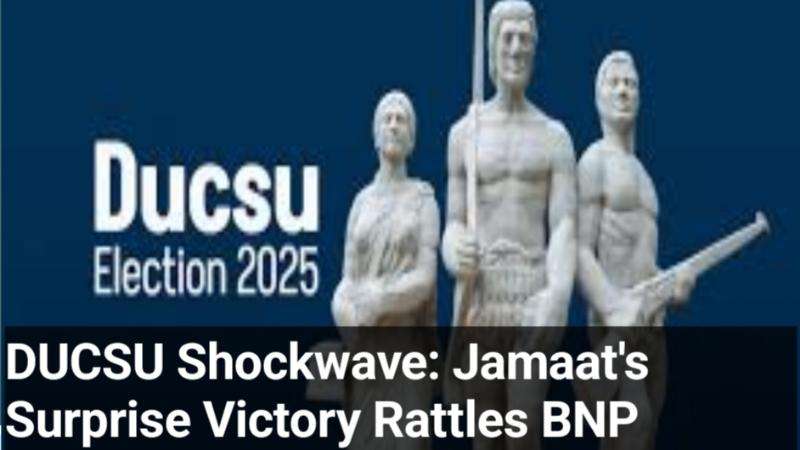President Donald Trump's recent diplomatic engagements in the Middle East have drawn sharp criticism, with commentators accusing him of "humiliating" displays of deference to Arab leaders. Foreign policy journalist Michael Weiss, speaking on the Bulwark podcast, suggested Trump's actions reveal a desire to emulate the authoritarianism practiced by some of the region's strongmen. "Don't discount the fact what Donald Trump sees in these dictators and these autocrats and these strongmen is exactly what he would like to do in the United States," Weiss asserted.
Trump's interactions, including a request to Qatar's emir to mediate the Iran situation and his acceptance of a $400 million jet gift from Qatar, have been scrutinized. His rhetoric, emphasizing a shift away from "permanent enemies" and a focus on economic gain, has been interpreted as a departure from traditional U.S. foreign policy.
The president's announcement of plans to lift sanctions on Syria, a nation grappling with dictatorship and civil war, and his meeting with Syrian President Ahmed al-Shara, who has past ties to Al Qaeda, have further fueled controversy.
Tim Miller, the podcast's host, described Trump's approach as "humiliating," highlighting the perceived contradiction between Trump's "America First" rhetoric and his apparent willingness to cater to foreign leaders. "Trump is fully prostrate on the ground," Miller stated.
Adding to the complexity of the region's dynamics is the evolving image of Saudi Arabia. While the nation holds immense religious significance for Muslims worldwide, recent developments have raised questions about its adherence to traditional Islamic principles. The Kingdom, once known for its strict religious conservatism, has witnessed the introduction of entertainment venues, including cinemas and concerts, in cities like Riyadh. This shift has sparked debate among Muslims globally, with some questioning the compatibility of such entertainment with the sanctity of the holy sites.
The Saudi government's justification for these changes emphasizes modernization and a desire to diversify its economy, aiming to attract tourism and investment. However, critics argue that these developments represent a departure from the Kingdom's historical role as a guardian of Islamic values. The juxtaposition of these modern entertainment events with the religious significance of Saudi Arabia creates a complex and often contradictory picture, prompting discussions about the evolving relationship between religion, culture, and governance in the region.


_9.jpg)





.svg)



